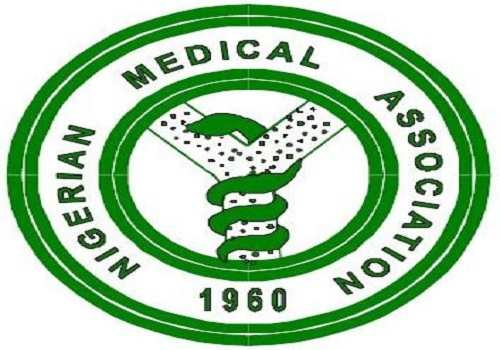A “wake up call” among people aged 15-49 years old is urgently needed with a million new sexually transmitted infections (STIs) occur every day across the world, says the World Health Organization (WHO),According to Euronews.com
According to a new report released by the health agency, 127 million new cases of chlamydia were recorded and 87 million cases of gonorrhoea in 2016.
Syphilis (6.3 million) and trichomoniasis (156 million) are also considered part of the four curable STIs the health agency says remain a “persistent and endemic health threat worldwide”.
“We’re seeing a concerning lack of progress in stopping the spread of sexually transmitted infections worldwide,” said Dr Peter Salama, Executive Director for Universal Health Coverage and the Life-Course at WHO.“This is a wake-up call for a concerted effort to ensure everyone, everywhere can access the services they need to prevent and treat these debilitating diseases.” Low-income countries tend to have the highest rates of gonorrhoea, trichomoniasis and syphilis. Chlamydia tended to be more prevalent in upper-middle income countries.
Africa had the highest prevalence for chlamydia in men, gonorrhoea in both women and men, trichomoniasis in women and syphilis in both men and women. The Americas (North and South America) had the highest prevalence of chlamydia in women and of trichomoniasis in men.
Island nations dotted in the Pacific Ocean also recorded extremely high rates of all four sexually transmitted infections. Since the last published data for 2012, there has been no substantive decline in either the rates of new or existing infections.

On average, approximately 1 in 25 people globally have at least one of these STIs, according to the latest figures, with some experiencing multiple infections at the same time. STIs are spread through unprotected sex, while some, such as chlamydia, gonorrhoea, and syphilis, can be transmitted during pregnancy and childbirth.
WHO has warned that a global shortage in benzathine penicillin has made it difficult to treat syphilis, while increasing resistance to gonorrhoea treatments could lead to the disease being “impossible to treat”.
Use of condoms and improved access to sexual health testing are both crucial in tackling the spread of STIs, the WHO says. “People with sexually transmitted infections often experience stigma, stereotyping, vulnerability, shame and gender-based violence,” said the report.
WHO has set a target of 90% reductions in the incidence of gonorrhoea and of syphilis, globally, by 2030.
Key terms explained
Trichomonas : is caused by a parasite that can cause genital soreness, swelling and pain during urination.
Syphilis : is a bacterial infection that’s usually caught by having sex with someone who’s infected. Symptoms include tiredness, sores, ulcers, swollen glands and red rashes.
Chlamydia : is passed on through unprotected sex and common among young adults. Symptoms include pain during urination, genital swelling and unusual discharge.
Gonorrhoea : is a sexually transmitted infection (STI) caused by bacteria found in both male and female discharge. It can be passed on through unprotected sex.
Without treatment, gonorrhoea can cause permanent blindness in a newborn baby.
ABUJA: Training Schedule for Basic Life Support BLS, Pediatric Advanced Life Support (PALS), Advanced Cardiovascular Life Support ACLS, First Aid, CPR, AED
PORTHARCOURT: Training Schedule for Basic Life Support BLS, Pediatric Advanced Life Support (PALS), Advanced Cardiovascular Life Support ACLS, First Aid, CPR, AED
LAGOS: Training Schedule for Basic Life Support BLS, Pediatric Advanced Life Support (PALS), Advanced Cardiovascular Life Support ACLS, First Aid, CPR, AED
STOP paying for airtime and electricity, Let your phone pay its bills with ScreenT





